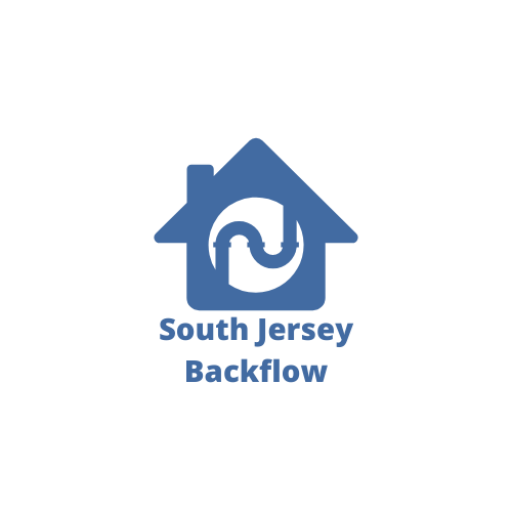Why Regular Backflow Testing Is Necessary
Backflow can pose serious risks to public health by allowing contaminated water to enter the clean water supply. Regular backflow testing is essential to ensuring that prevention devices function correctly and remain compliant with state regulations. In this article, we’ll explore why backflow testing is crucial, what it involves, and how South Jersey Backflow helps keep New Jersey properties safe.
Why Backflow Testing Matters
Backflow testing is not just a regulatory requirement—it is vital for protecting the integrity of potable water systems. Without regular testing, a malfunctioning backflow preventer can go unnoticed, leading to contamination risks, costly fines, and potential health hazards.
Key reasons why regular testing is essential:
- Prevents Water Contamination: Ensures that pollutants, chemicals, and bacteria do not enter the clean water supply.
- Compliance with Regulations: Many municipalities in New Jersey, as well as the New Jersey Department of Environmental Protection (NJDEP), require annual testing.
- Protects Public Health: Prevents exposure to dangerous substances that could cause illness or disease.
- Avoids Costly Repairs and Fines: Identifying issues early can save property owners from expensive emergency repairs and potential penalties for non-compliance.
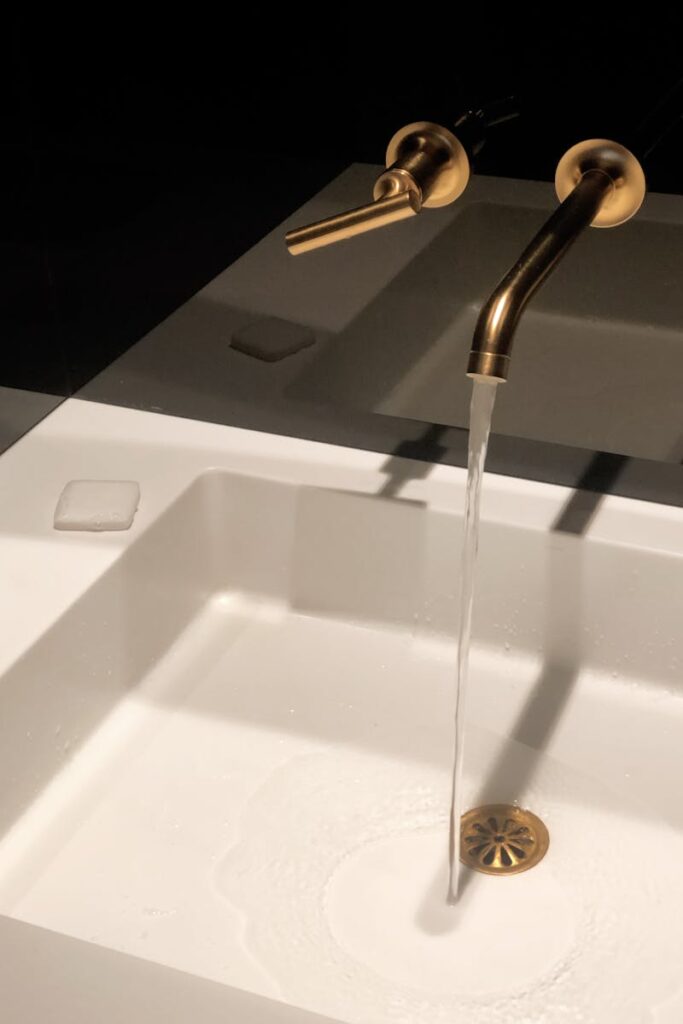
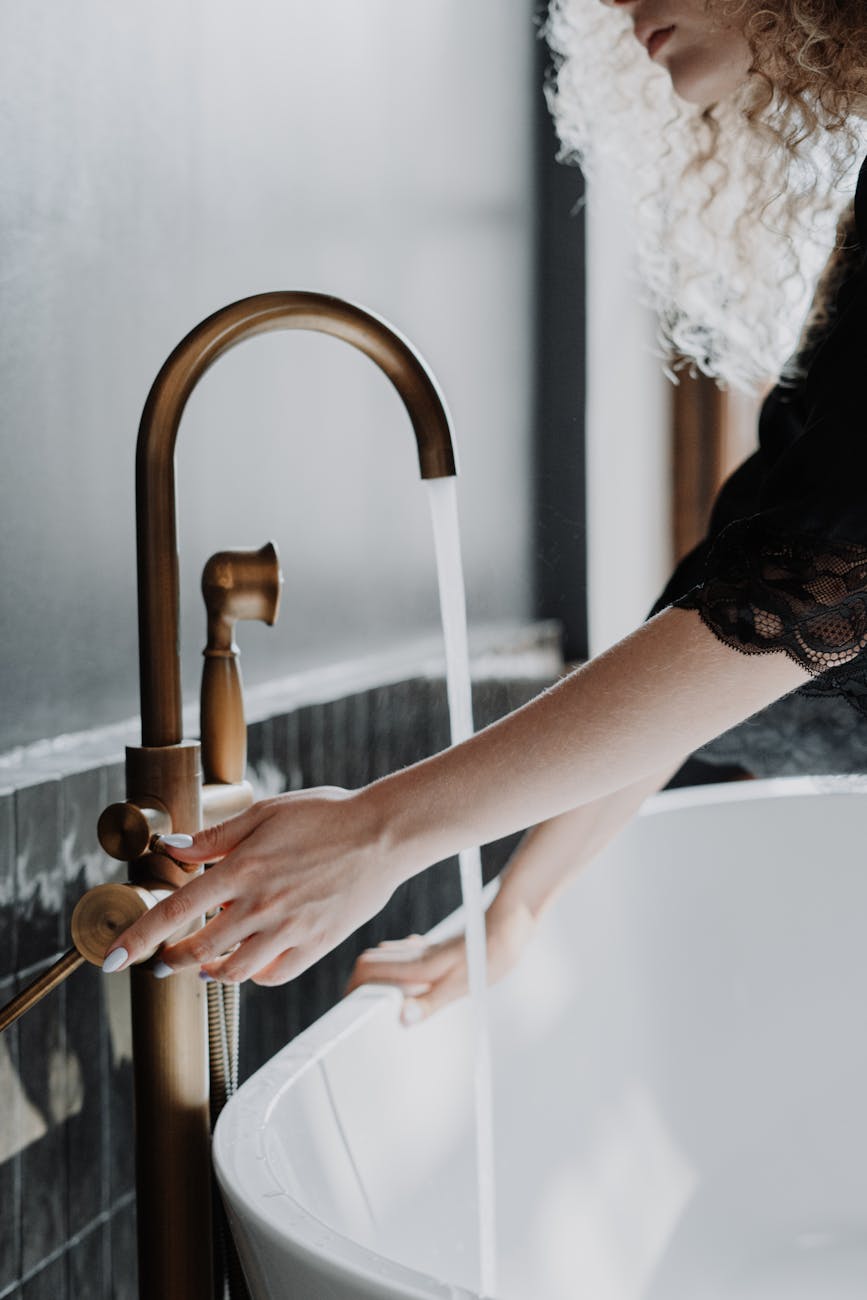
What is Involved in Backflow Testing?
Backflow testing is a straightforward process that should only be conducted by a certified backflow tester. Here’s what the inspection typically involves:
Visual Inspection
The technician checks the backflow prevention device for any visible signs of wear, leaks, or damage.
Device Functionality Test
Specialized gauges measure water pressure within the system to confirm that check valves are operating correctly.
Performance Verification
The tester ensures that the backflow preventer successfully stops any reverse flow of water.
Compliance Certification
Upon passing the test, the property owner receives a certification that is submitted to local authorities as proof of compliance.
Who Needs Backflow Testing in New Jersey?
According to NJDEP regulations, annual backflow testing is mandatory for:
Commercial and Industrial Properties
Businesses, factories, and warehouses using hazardous materials or chemicals.
Multi-Unit Residential Complexes
Apartment buildings, condominiums, and housing communities with shared water systems.
Healthcare Facilities
Hospitals, dental offices, and laboratories where clean water is critical.
Irrigation Systems
Homes and businesses with lawn irrigation systems connected to the municipal water supply.
Fire Protection Systems
Buildings with fire sprinkler systems that require a backflow preventer to prevent stagnant water from entering potable lines.
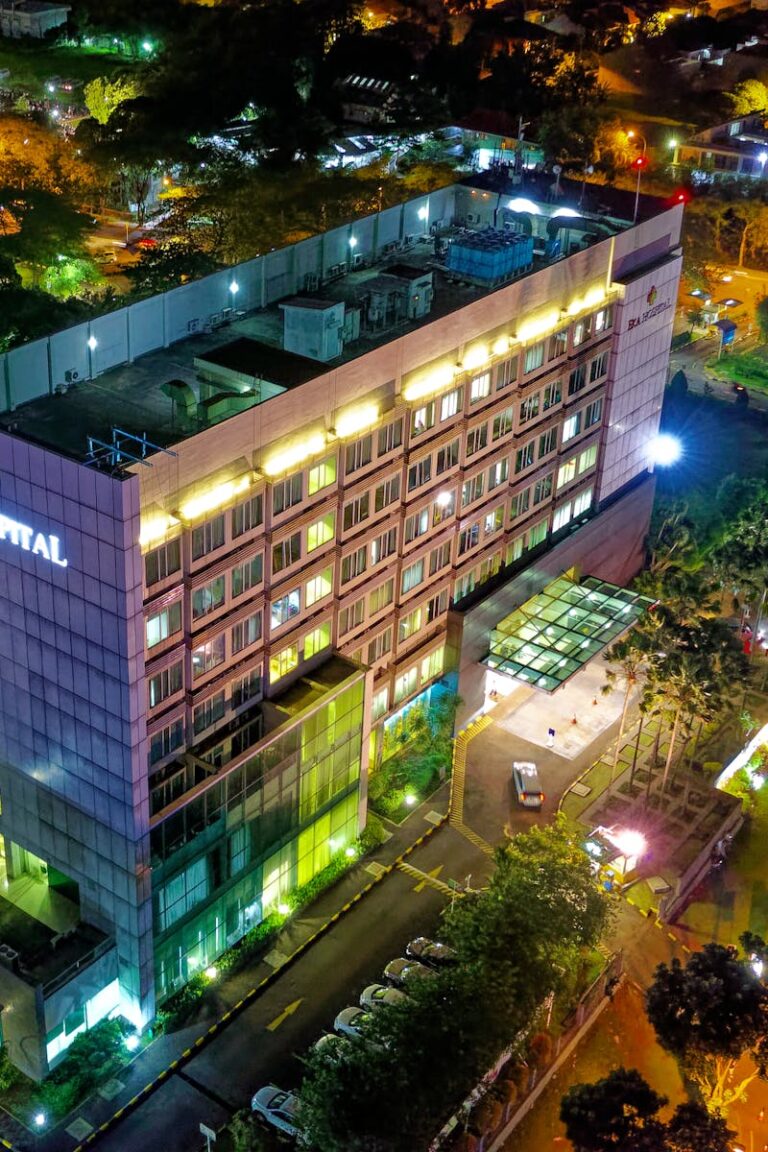
Consequences of Skipping Backflow Testing
Failure to complete annual backflow testing can result in:
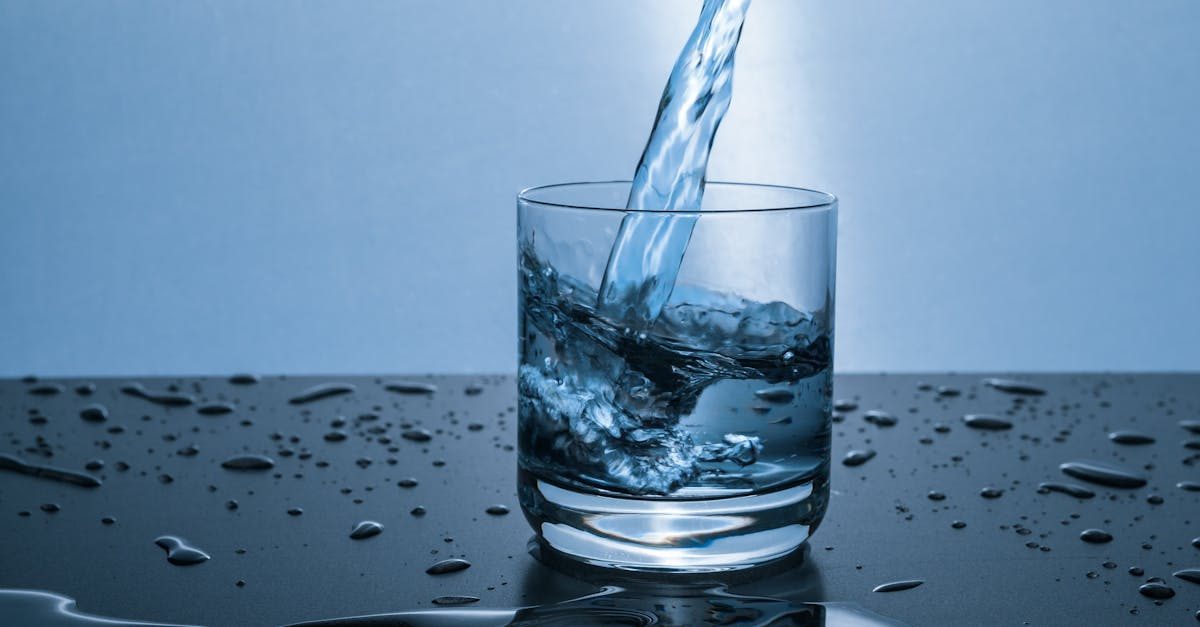
Contaminated Drinking Water
Risking the health and safety of residents and employees.

Fines and Legal Issues
Non-compliance with NJDEP and local regulations can lead to hefty fines.
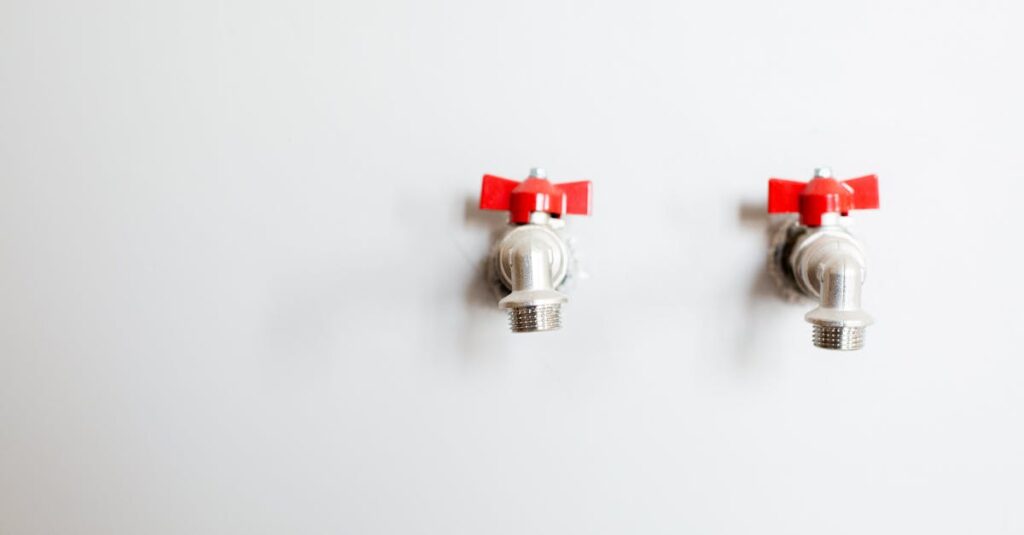
Water Service Interruption
Municipal authorities may shut off water supply until compliance is restored.
How South Jersey Backflow Helps Ensure Compliance
At South Jersey Backflow, we provide comprehensive backflow testing services to keep New Jersey properties safe and compliant. Our certified technicians offer:
Annual Testing and Certification
Quick and efficient testing with same-day certification submission to local authorities.
Expert Repairs and Maintenance
Immediate solutions for any failed tests to restore compliance.
Reminders and Scheduling Services
Ensuring you never miss an annual test deadline.
Schedule Your Backflow Test Today!
Protect your property and stay compliant with New Jersey’s regulations by scheduling your annual backflow test today. South Jersey Backflow offers professional, reliable testing services to ensure your water remains safe.
Contact us now to book your appointment!
